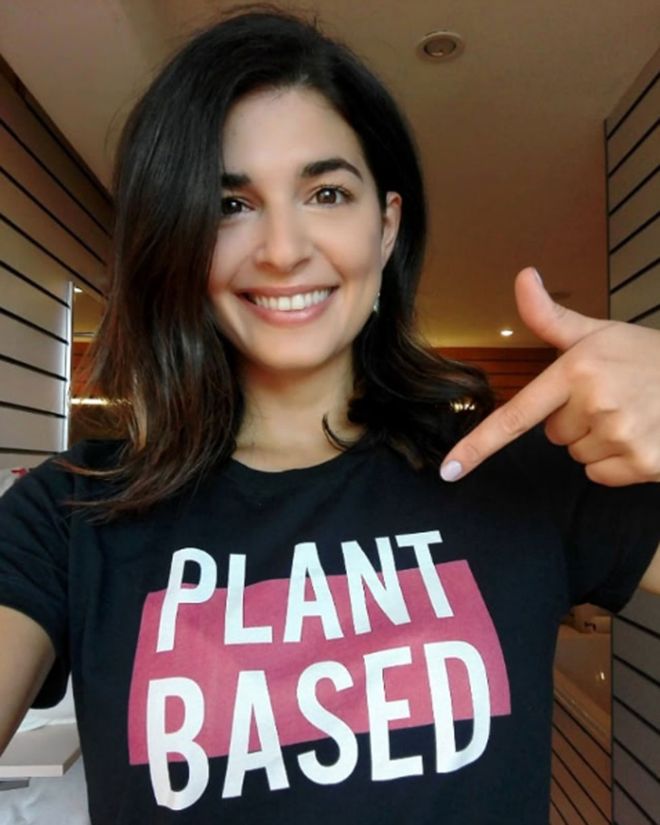Veganism can generate anger - because it reminds us of the suffering behind our meals
Interesting follow-up to the story of how a freelance writer was abused for being a vegan… by Waitrose’s food magazine editor. Writer Selene Nelson publicised the email sent to her by editor William Sitwell, who suggested she write a series on "killing vegans, one by one. Ways to trap them? How to interrogate them properly? Expose their hypocrisy? Force-feed them meat.”
The Buzzfeed story went round the world, and Sitwell lost his job. But the BBC website has run a viewpoint piece from Nelson, which explores with great sympathy all the positions in the debate.
We are interested in veganism because it’s a great example of a practice that lines up “I”, “We” and “World” - our personal convictions, our social ambitions, and our planetary responsibilities. Vegans feel like purposeful agents in every realm of their lives - as if their everyday actions are saving the planet. Which, on many accounts, they are.
Both Sitwell and Nelson received public abuse for their positions - and the freelancer is curious about the underlying reasons for this:
To learn more about the drama that engulfed us both, we need to look at the wider reaction. Good Morning Britain ran a segment called, "Is hating vegans the new norm?". "Stand up to the vegan terrorists!", The Daily Mail entreated its readers, while Vice wrote about "vegaphobia". Aside from the "normal" reasons people claim to hate vegans (we're supposedly annoying, pious and hypocritical), the Vice story suggested a deeper reason; people see veganism as a threat to "their sense of identity, values and beliefs," the author wrote, partly because it challenges the deeply held belief of human superiority over non-humans.
There is a risk that coining a word like "vegaphobia" plays into the snowflake-vegan trope - this lingering belief that vegans are overly sensitive, militant, convinced we're an oppressed minority. Vegans aren't an oppressed minority, and to suggest we are is absurd. But the way we see it, we are speaking for an oppressed majority: the animals, millions of whom, right at this moment, are being hung upside down and slaughtered.
I believe there's another underlying cause for hostility towards veganism: a refusal to recognise the suffering of animals. Mocking vegans is easier than listening to them, because it allows people to disregard animals' pain: if you don't confront it, does it even exist? Whatever the media likes to insist, vegans aren't seeking to shame non-vegans - but we do want people to know the truth about animal agriculture. If someone is aware of the extent of animal suffering and is still happy to eat animal products, that's an informed decision. But right now, for most people who consume meat, dairy and eggs on a daily basis, it isn't.
It's disappointing, but the main thing I've taken away from this experience is how many people don't know what veganism actually is. They understand vegetarianism, but veganism is going "too far". It's "extreme". Veganism isn't a diet, or a fad, or a way to annoy the people around you; it's a deeply held philosophical belief, a way of living that seeks - as far as is practical and possible - to avoid all forms of cruelty to, and exploitation of, other living creatures. There is nothing extreme about that.
What has also been useful is that Sitwell and Nelson have had constructive public conversations about their positions - modelling dispute behaviour well. Sitwell has also written this week about the pub as a necessary social space - but with one in every four shutting in the last decade (the slack being taken up by coffee shops). How we eat has always been a political affair.

